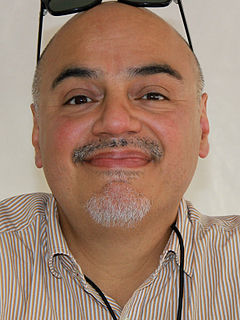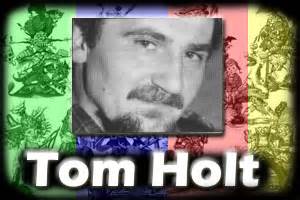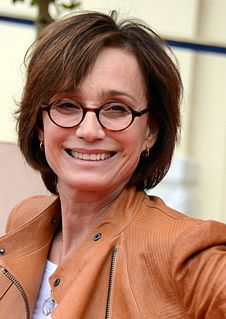A Quote by Barbara Holland
In civilized places idleness, once the prerequisite for abstract thought, poetry, religion, philosophy, and falling in love, has become a character flaw. In America we've managed to stamp it out almost completely, and few people under forty can remember a single moment of it, even in earliest childhood. The phrase 'spare time' has vanished from the land.
Quote Topics
Related Quotes
There was one element of my childhood that was really a positive asset for me. By moving a lot, I learned to assimilate into whatever new surroundings I had and to become very comfortable with people quickly. I think that was one of the strongest contributing factors to my becoming an actor, because I constantly had to readjust, even reinvent. But at the same time, it also became very easy for me not to become attached to people, places, or things. I learned to enjoy people and places for the time I had, for the moment, to be in the moment, and move on.
When needs and means become abstract in quality, abstraction is also a character of the reciprocal relation of individuals to oneanother. This abstract character, universality, is the character of being recognized and is the moment which makes concrete, i.e. social, the isolated and abstract needs and their ways and means of satisfaction.
There are so few people given us to love. I want to tell my daughters this, that each time you fall in love it is important, even at nineteen. Especially at nineteen. And if you can, at nineteen, count the people you love on one hand, you will not, at forty, have run out of fingers on the other. There are so few people given us to love and they all stick.
Poets often describe love as an emotion that we can't control, one that overwhelms logic and common sense. That's what it was like for me. I didn't plan on falling in love with you, and I doubt if you planned on falling in love with me. But once we met, it was clear that neither of us could control what was happening to us. We fell in love, despite our differences, and once we did, something rare and beautiful was created. For me, love like that has happened only once, and that's why every minute we spent together has been seared in my memory. I'll never forget a single moment of it.
In Dogen's writing, the practical instruction, philosophy and poetry are together in one voice. People hear about his poetry, go to his work, and expect to find poetry, or they hear about his philosophy and expect to find philosophy. They look just for practical instruction and find poetry and philosophy. They can't make out the complexity of his writing, become frustrated and let him go.
If you ask me, the place that a story happens is as equal character. It's almost like an ecological viewpoint: These people are living in this piece of land, and in this piece of land in this time this is possible. For me, I almost think location first. It's time first - what year is it - then where are we, and then who is in it.
Abstract reason, formerly the servant of practical human reasons, has everywhere become its master, and denies poetry any excuse for existence.
Though philosophers like to define poetry as irrational fancy, for us it is practical, humorous, reasonable way of being ourselves. Of never acquiescing in a fraud; of never accepting the secondary-rate in poetry, painting, music, love, friends. Of safeguarding our poetic institutions against the encroachments of mechanized, insensate, inhumane, abstract rationality.
If one believes philosophers, then what we call religion is only a deliberately popularized or an instinctively artless philosophy. Poets seem to consider religion rather as a variation of poetry which by misjudging its proper beautiful game takes itself too seriously and one-sidedly. Philosophy, however, admits and recognizes that it can begin and complete itself only with religion. Poetry seeks only to strive for the infinite and despises worldly utility and culture, which are the true antitheses of religion. Eternal peace among artists is thus not far away.

































